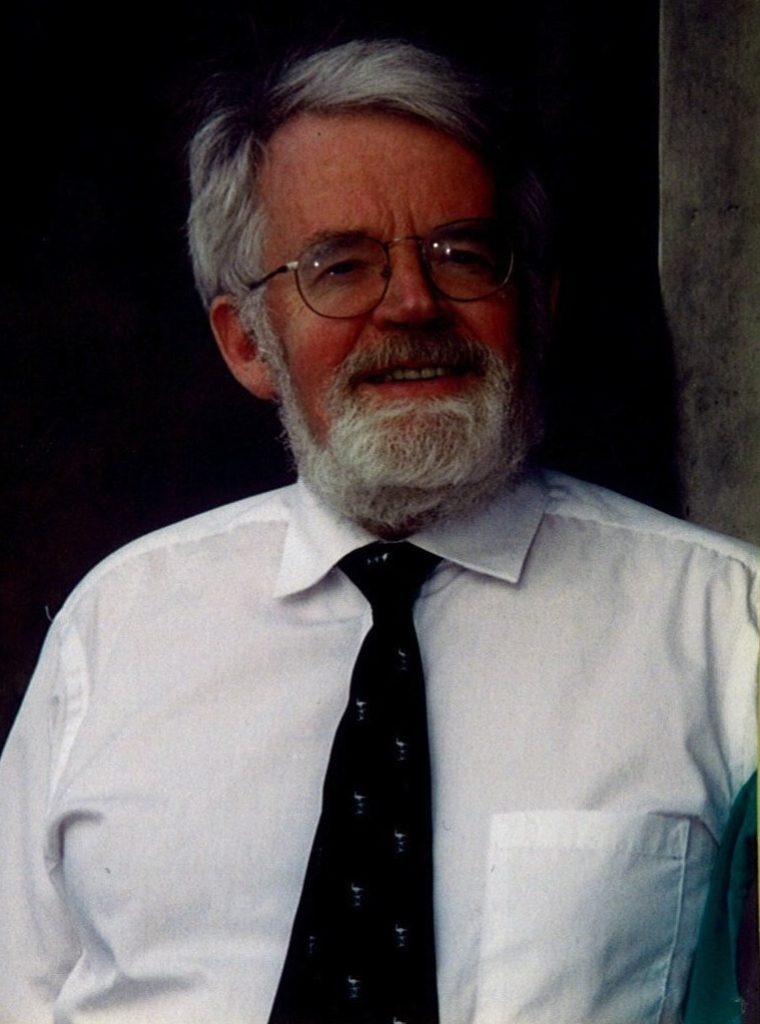Jonathan Bennett (1930–2024)
Jonathan Bennett, professor emeritus of philosophy at Syracuse University, well-known for his work on early modern philosophy, has died.

Professor Bennett wrote widely on philosophical issues, including philosophy of language, philosophy of mind, logic, and ethics. He is especially well-known for his work interpreting and translating early modern philosophical texts. He has written five books on the subject, including Kant’s Analytic (1966), Locke, Berkeley, Hume: Central Themes (1971), Kant’s Dialectic (1974), A Study of Spinoza’s Ethics (1984), and Learning from Six Philosophers (2001). His website, Early Modern Texts, strives to make canonical texts from the early modern period accessible to students. You can read more about his writings here.
Professor Bennett was on the faculty at Syracuse University from 1970 until he retired in 1997. Prior to this, he held positions at the University of British Columbia, Simon Fraser University, Cambridge University, and Haverford College. He received his LittD from the University of Cambridge in 1991, his MA from the University of Canterbury in 1953, and his BPhil from the University of Oxford in 1955. Professor Bennett was elected a Fellow of the American Academy of Arts and Sciences in 1985 and a Fellow of the British Academy in 1991.
He died on March 31st through Canada’s Medical Assistance in Dying program, according to an announcement at Early Modern Texts.
Correction: the original post misstated the year Bennett joined the faculty at Syracuse.
The post Jonathan Bennett (1930–2024) first appeared on Daily Nous.